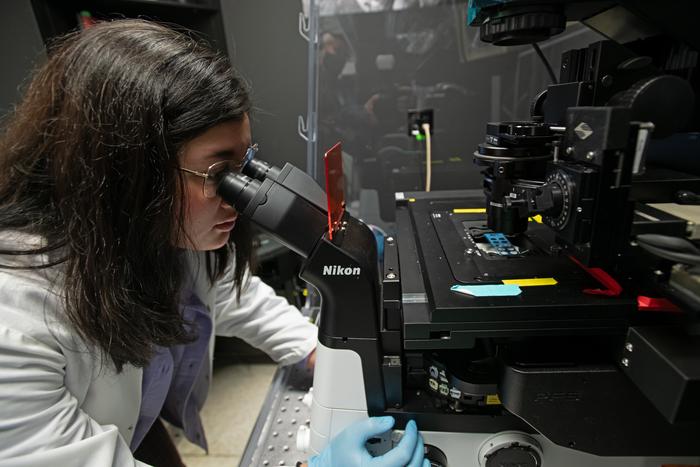In a groundbreaking discovery, researchers from Washington State University have found that some of the world’s deadliest bacteria are attracted to human blood serum, which contains nutrients the bacteria can use as food. This phenomenon, dubbed “bacterial vampirism,” sheds new light on how bloodstream infections occur and could potentially lead to new treatments.
The research team, led by Professor Arden Baylink from WSU’s College of Veterinary Medicine, discovered that at least three types of bacteria – Salmonella enterica, Escherichia coli, and Citrobacter koseri – are drawn to human serum. These bacteria are particularly dangerous for people with inflammatory bowel diseases (IBD), which affect about 1% of the population. IBD patients often experience intestinal bleeding, providing entry points for the bacteria to enter the bloodstream.
Simulating Intestinal Bleeding and Bacterial Response
Using a high-powered microscope system called the Chemosensory Injection Rig Assay, the researchers simulated intestinal bleeding by injecting small amounts of human serum and observing the bacteria’s response. Siena Glenn, a WSU Ph.D. student and lead author of the study, noted that the bacteria’s response is rapid, taking less than a minute for them to locate the serum.
The study also revealed that Salmonella has a special protein receptor called Tsr, which allows the bacteria to sense and swim toward serum. Using protein crystallography, the researchers were able to observe the atoms of the protein interacting with serine, an amino acid found in human blood and a common ingredient in protein drinks. The scientists believe that serine is one of the chemicals from blood that the bacteria sense and consume.
Potential for New Treatments
The findings of this study provide valuable insights into the development of new drugs that could block the bacteria’s ability to detect blood. “By learning how these bacteria are able to detect sources of blood, in the future we could develop new drugs that block this ability. These medicines could improve the lives and health of people with IBD who are at high risk for bloodstream infections,” Glenn explained.
The research was a collaborative effort, with contributions from scientists Zealon Gentry-Lear, Michael Shavlik, and Michael Harms of the University of Oregon, as well as Tom Asaki, a mathematician at WSU. The study was funded by WSU and the National Institute of Allergy and Infectious Diseases.
This groundbreaking discovery of “bacterial vampirism” opens up new avenues for understanding and treating potentially lethal bloodstream infections, offering hope for improved health outcomes for individuals with IBD and other conditions that increase the risk of these infections.


